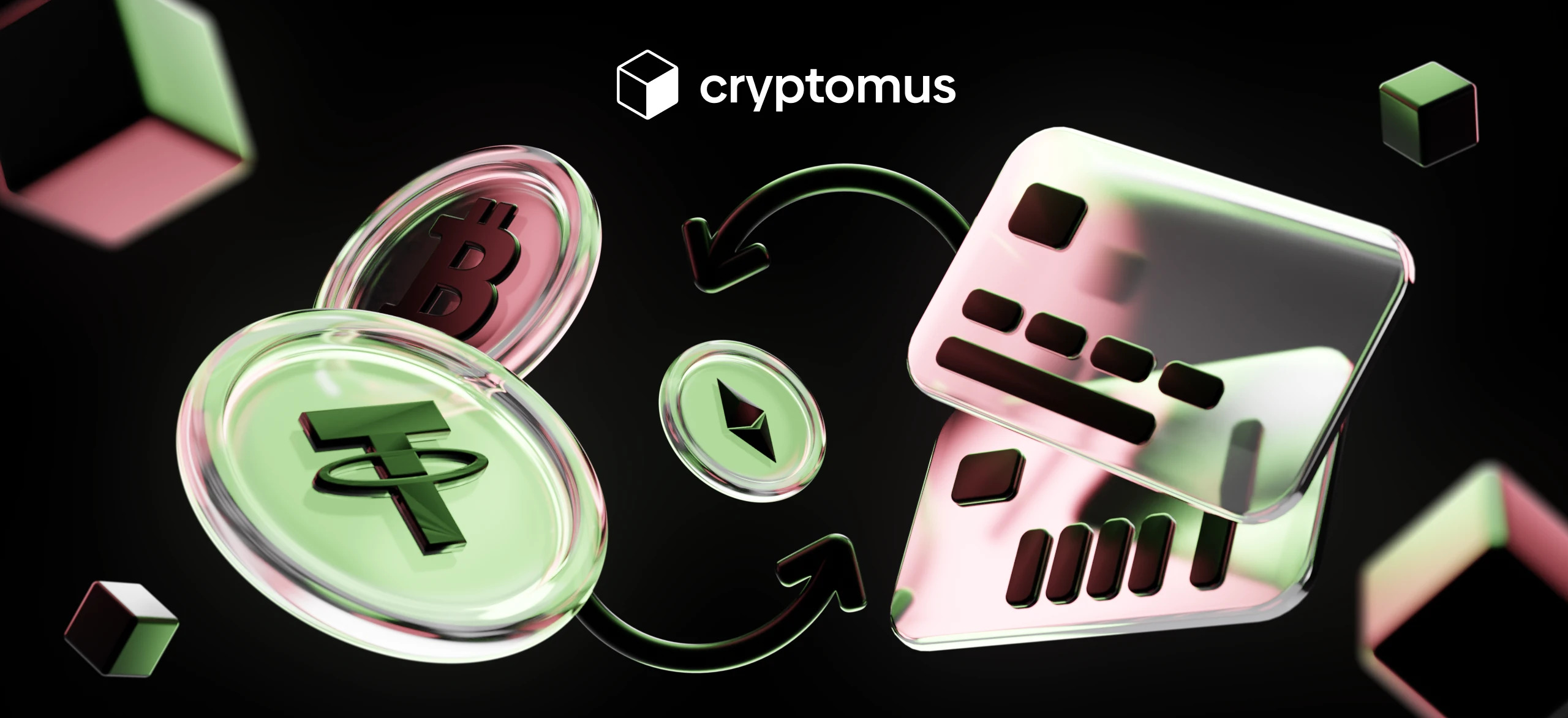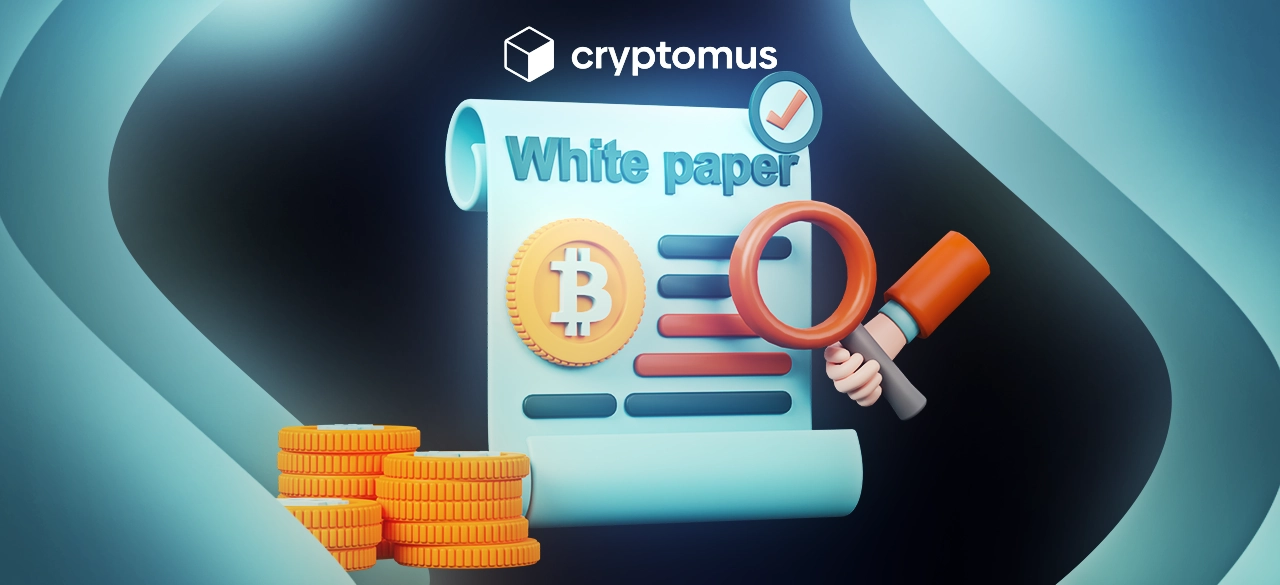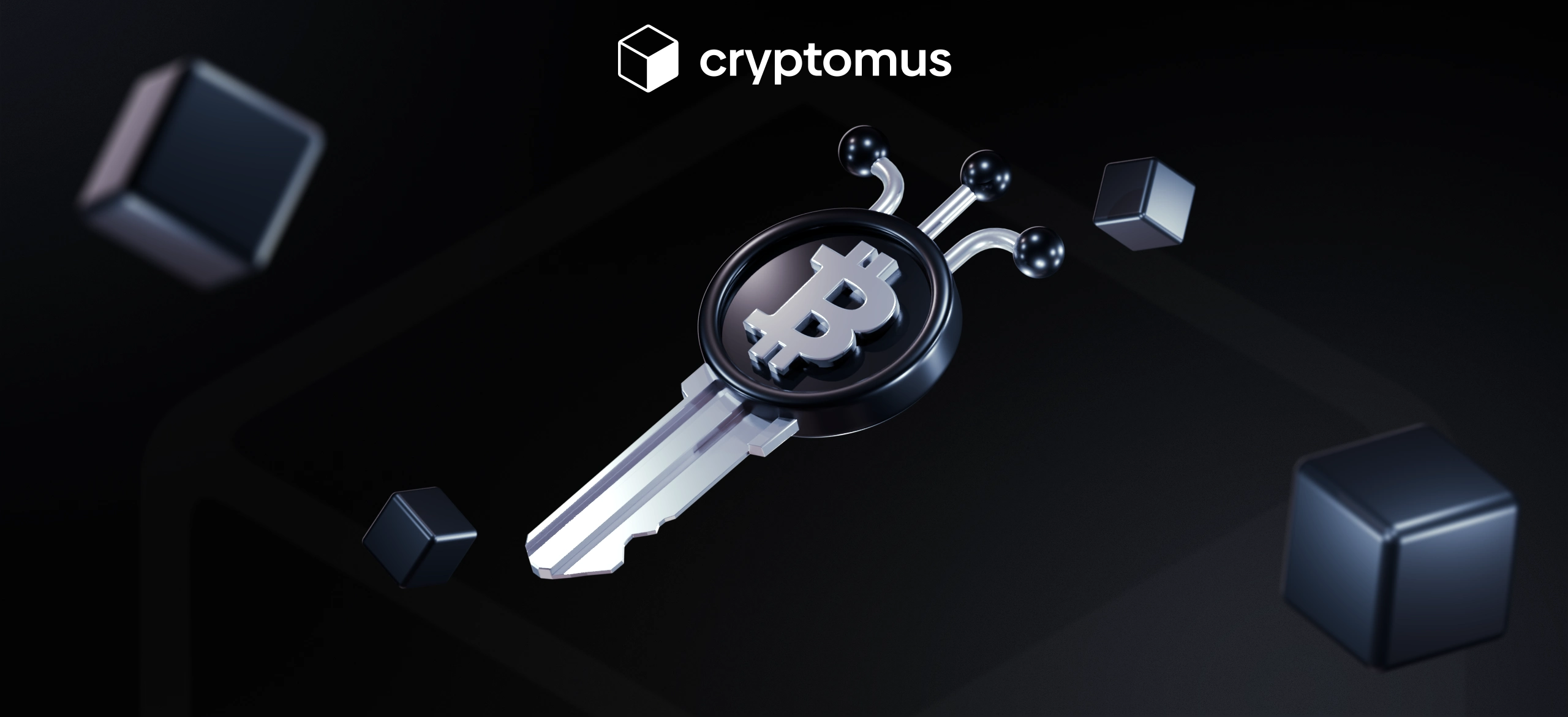
Kazakhstan Launches National Stablecoin on Solana
Table of Contents
Kazakhstan has made an important move to enhance its digital economy by introducing “Evo,” a new stablecoin linked to the national currency, the tenge. Created in collaboration with Solana, Mastercard, and several local partners, the project seeks to connect traditional financial systems with blockchain technology. Although details are still emerging, Evo marks a new effort to develop a national Web3 ecosystem and modernize the country’s financial infrastructure.
The Vision Behind Evo
Kazakhstan’s stablecoin project is part of a plan to develop the country’s digital asset system. The National Bank of Kazakhstan has placed Evo in its Digital Assets Regulatory Sandbox, a safe space for testing. This allows the bank to manage token issuance, track transactions, and study market reactions while supporting innovation.
Intebix, a licensed crypto exchange, and Eurasian Bank, one of the country’s largest banks, will issue the KZTE tokens. Solana’s blockchain provides fast and low-cost transactions, and Mastercard will connect Evo to wider payment networks. This partnership brings together international expertise and local experience, making it easier to move from cash to digital currency.
The government is still focused on Web3. Kazakhstan was once a major Bitcoin mining hub, though activity has slowed. Projects like the Bitcoin ETF and the planned Crypto Reserve show that digital finance remains a priority. Evo could give residents and businesses a safe, tenge-backed option for using digital assets.
Strategic Partnerships and Global Integration
One of Evo’s most notable aspects is the extensive network of partners backing it. Mastercard plays a key role, highlighting potential cross-border functions and integration with established financial infrastructure. Solana brings reliable technology and a proven blockchain network, while local partners like Intebix and Eurasian Bank ensure regulations are followed and the project reaches the market.
These partnerships are more than formal agreements. By combining global reach with local knowledge, Kazakhstan aims to create a stablecoin that is both safe and practical. Features like crypto cards, digital asset exchanges, and better crypto-fiat channels could help more businesses and consumers use it.
A local Solana team also supports technical development and community engagement. While details are limited, this project fits broader efforts to grow Kazakhstan’s Web3 ecosystem. Evo could become a key part of the country’s crypto economy.
Potential Impact and Future Outlook
The launch of Evo could bring several changes. It may make digital payments faster and easier for citizens, businesses, and international partners. A tenge-backed stablecoin could also offer a safer way for people new to cryptocurrencies to start using them.
Evo may affect rules and regulations as well. By working in the central bank’s sandbox, Kazakhstan can test policies and see the results, creating examples for future digital assets. It could also encourage banks and other institutions to try blockchain solutions, gradually changing how payments, loans, and finance work.
Evo could also have wider economic and cultural effects. Kazakhstan’s move into digital finance fits with a regional trend in Central Asia, where countries are exploring blockchain for efficiency and growth. If it succeeds, Evo could make Kazakhstan a leader in regulated digital currencies, showing both innovation and stability.
Next Steps for Evo and Kazakhstan
Evo is a notable achievement for Kazakhstan’s digital finance goals. By linking blockchain, a stable local currency, and strong partnerships, the project may become an example for other nations considering national stablecoins.
Although it will take time for full adoption, the launch shows Kazakhstan’s dedication to modernization. The country is combining Web3 and traditional finance to build a more connected and forward-looking financial system.
Simplify Your Crypto Journey
Want to store, send, accept, stake, or trade cryptocurrencies? With Cryptomus it's all possible — sign up and manage your cryptocurrency funds with our handy tools.
Get Started









